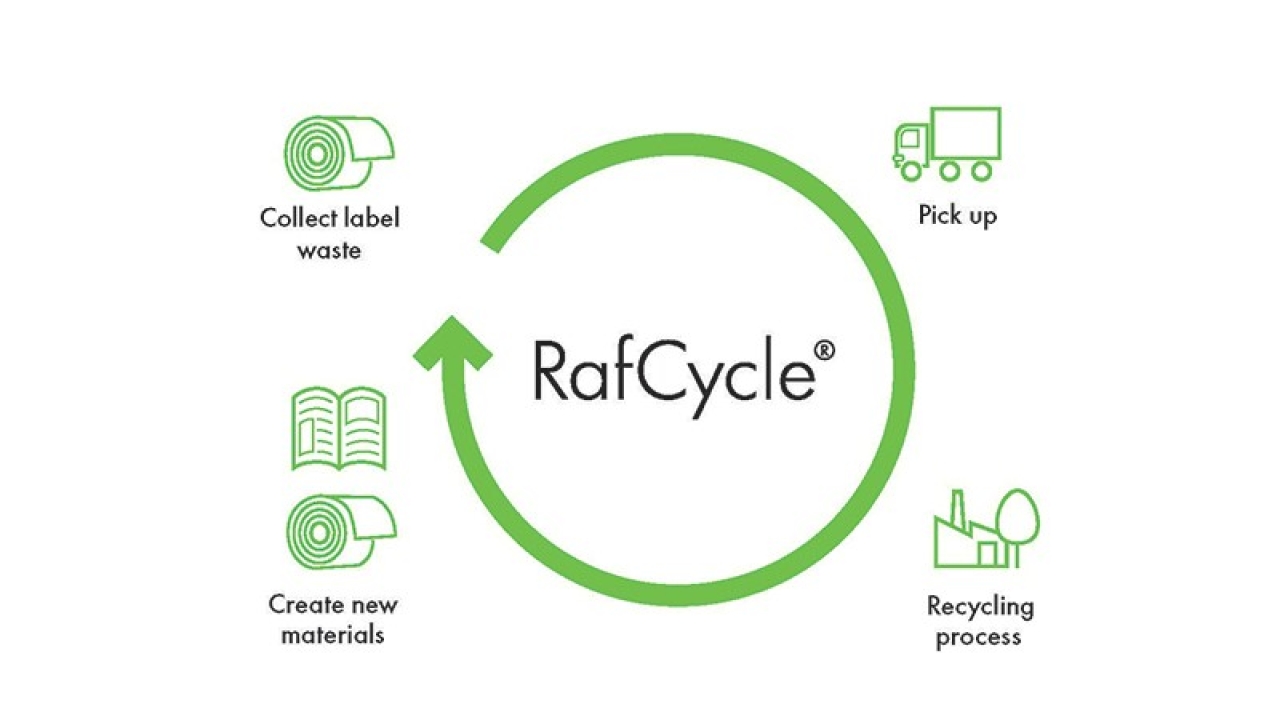UPM Raflatac to turn label waste into building insulation
The unique circular economy value chain enables the recycling of label release liner waste, ensures the supply of PET raw material to a Finland based chemical company Inosence Polyol Oy and increases the share of recycled raw material in Finnfoam's insulation production.

UPM Raflatac, Inosence Polyol Oy and Finnfoam have built an innovative collaboration model that improves the resource efficiency. The PET plastic label liner waste collected through UPM Raflatac RafCycle recycling service forms a waste stream which is difficult to recycle. Now this label liner waste can be processed into a raw material in a process developed by Inosence Polyol, which Finnfoam then uses as a raw material for polyisocyanurate or FF-PIR insulation.
About 80 percent of the backing materials for self-adhesive labels are paper and there are established processes for recycling them. The remaining 20 percent are PET-based films with an extremely thin layer of silicone applied to the plastic. These fractions are difficult to separate, and therefore this PET plastic backing films have in the past ended up being mainly incinerated.
'Disposable or short-lived products are often made from PET recycled plastic. In our solution, the recycled raw material is made into an insulator, e.g., a durable product that binds carbon for decades. Our value chain fulfils even a critical review, and in addition we are making the label industry much more sustainable,' says Juha Virmavirta, director, RafCycle Solutions, UPM Raflatac.
UPM Raflatac collects PET-based film waste from its customers and end users. Inosence Polyol Oy utilizes the waste collected for the production of polyol. UPM Raflatac's material flow guarantees a steady supply of raw materials for the production of polyol.
'The solution we developed together with UPM Raflatac and Inosence Polyol Oy is a great example of the potential of chemical recycling. It allows many difficult-to-separate materials to be separated and recycled. The new economic and environmentally responsible recycling methods will also drive the legislative changes and further increase the obligation to recycle and reduce waste incineration, which is naturally a very good thing,' says Henri Nieminen, CEO of Finnfoam.
Stay up to date
Subscribe to the free Label News newsletter and receive the latest content every week. We'll never share your email address.

